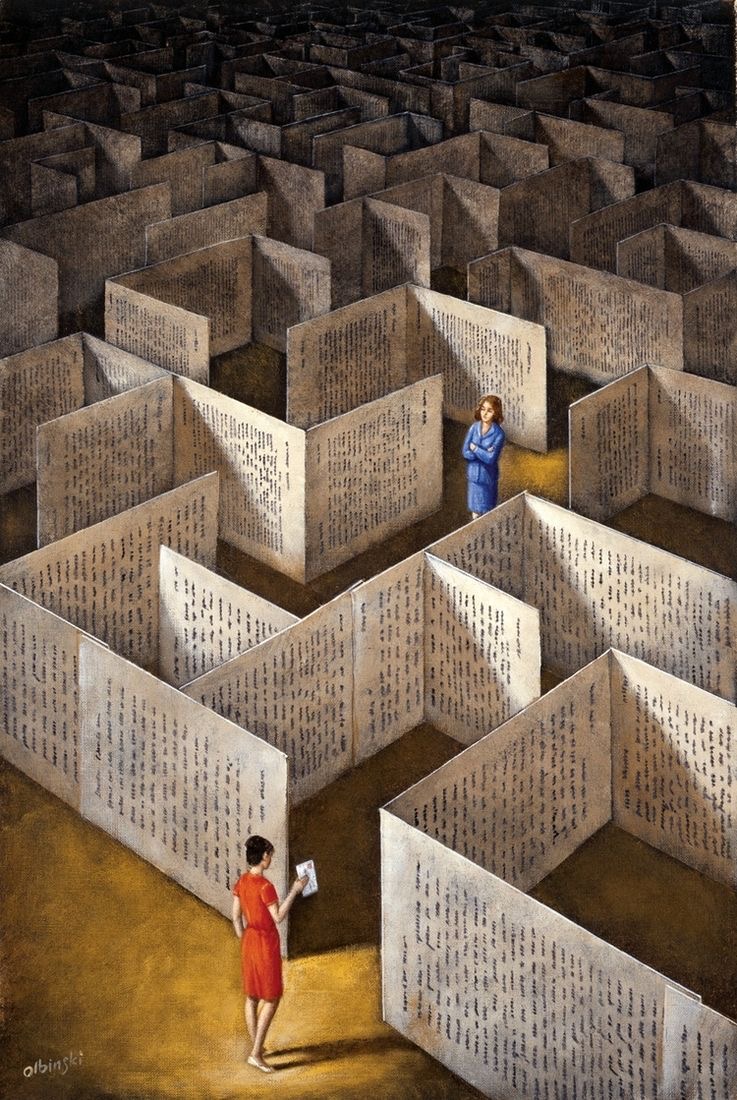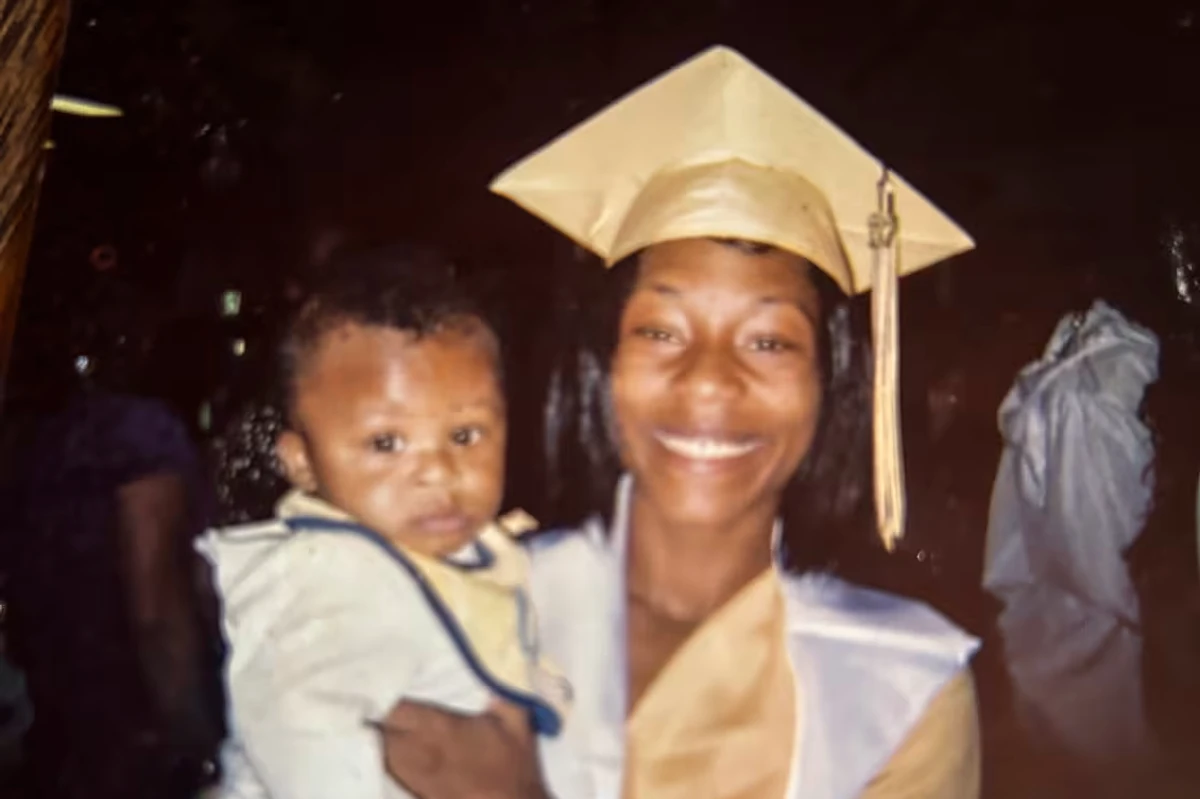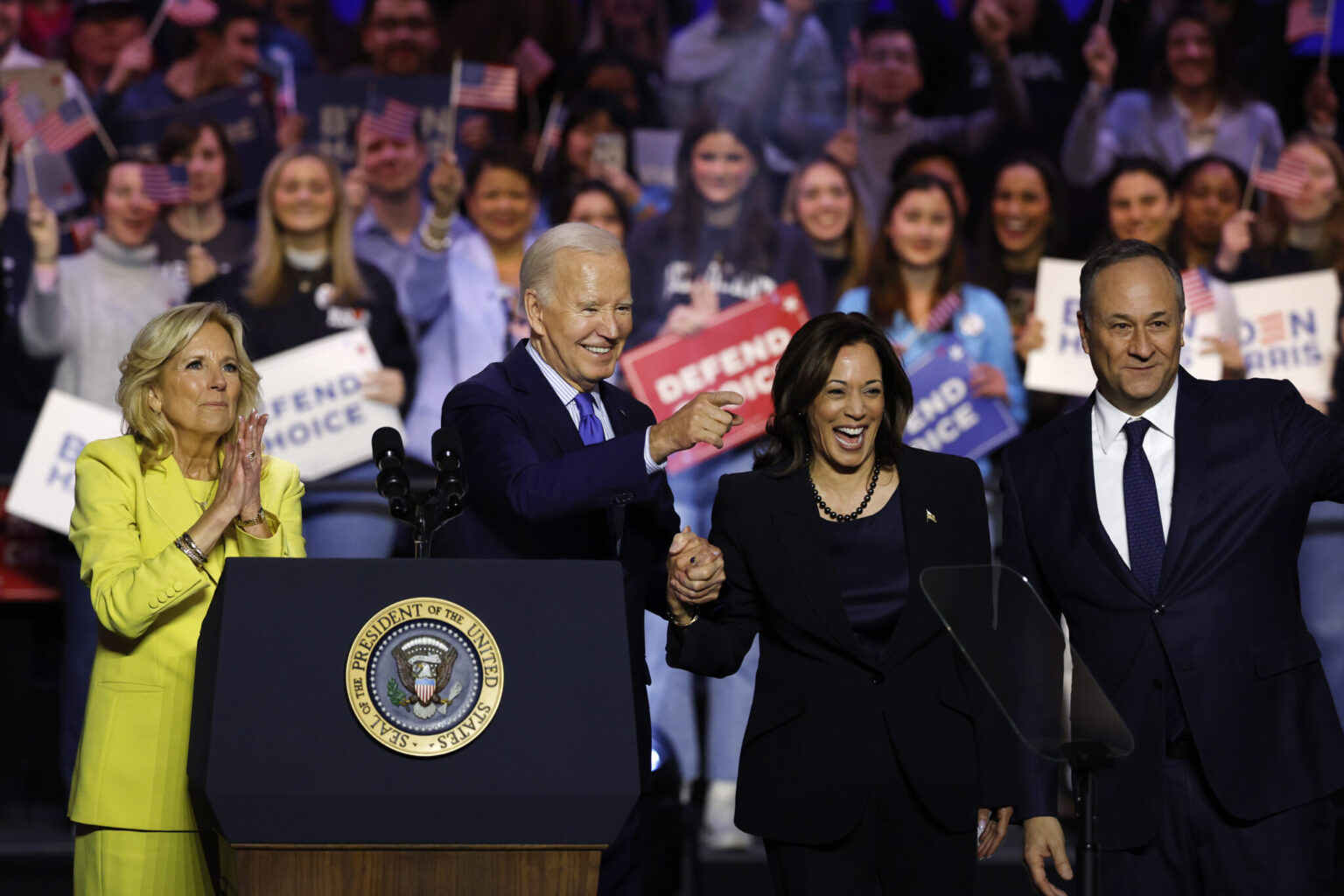CAYDEN: Hello?
FREDERICK:Hello?
CAYDEN: Hi, how are you?
FREDERICK:I’m good. How are you doing?
CAYDEN: Good. Thanks for joining.
FREDERICK: Oh, of course.
CAYDEN: Today has been a long day. I’m sure he has been for you, aswell.
FREDERICK: The days are literally getting longer. [Laughs] So yes, yes. I’m just chugging along, you know, it’s almost July,
CAYDEN: Right!
FREDERICK: Nevertheless, I’m happy to dive in.
CAYDEN: Absolutely, thank you so much. I really just appreciate you being here , because you have so much experience in government offices. And I think that what the Black community misses a lot is simple understanding. We’ve never been taught how things actually operate. I see so many of us get mad at the President or get mad at just the wrong people. And we really, it’s like, we don’t know who to really fight when we don’t like certain things. And so I really, I really want your expertise, and I want your insight. So everybody can understand not only the lay of the land, but how to go about things the right way to actually get the change we want to see,
FREDERICK: Of course, and I agree with that. There’s definitely a knowledge gap. And chaos thrives in that gap.
CAYDEN: Mm.
FREDERICK: So we have to do everything we can to try to fill it with all the right things. There’s an opportunity as well for it to be filled with things that people probably should not be consuming. But you know, that’s all a part of the fight.
CAYDEN: Absolutely. I think even just in current events, like, not too long ago, we were in the midst of, you know, kind of the peak of retaliation against our government in spite of the mass shooting outrageousness. And we witnessed our President and our congressmen and women throw their hands up in the air in regards to gun violence. And most people were furious with the President about this. And before I give my opinion, Frederick, please explain to our trespassers how much power our president truly has.
FREDERICK: Right. But first, I want to say this is not normal. I was literally visited by a group of students back home from Louisiana, where I’m from, who were a part of a group I used to be a part of, you know, 10 years ago. And 10 years ago, we were talking about how to get sponsorship on a bridge so that the money would go toward funding a better bridge. I met with these kids, they were talking about, “oh, how much time do we get in the middle of the class period in between a school shooter drill?” Like “what do we do as a school shooter and we’re in the middle of changing classes, because there’s no protocol for that.” It’s totally shifted. And I think that should inform all policymakers when they are looking at the issue of gun violence in our communities. So while I was at your Trespassers, how much power does the President have? He has the power to sign the law. The President doesn’t make law, he signs law.
CAYDEN: Yes.
FREDERICK: He also influences policy with the use of the bully pulpit. And I think President Biden has been particularly strong on the fact that he has called for more common sense gun reform. What does that look like? More background checks. Raising the age of where people can buy an assault weapon. And I think it’s steps like that, I think can really help sort of curve the violence that we’re seeing. But yeah, I mean, the President and Democratic caucus in particular, has been pushing for this. Unfortunately, you know, there’s the duty of our democracies that we work with people don’t always agree with us. And there’s a whole swath of the country that just doesn’t want to see any sort of action taken on ongoing reform. And we just have to keep talking about it. I don’t want to see more of these incidents happening, more mass shootings. So, I think time is on our side, though. As long as we keep pushing. You’re gonna have a whole generation- as I said, it’s changed in the last 10 years. I wouldn’t talk about this in my little legislative advisory group, back home in Louisiana. The kids today are people who are eventually gonna run for office, they’re gonna be elected. It’s gonna be a generational change. And I think it’s inevitable. So unfortunately, I think we’ll have to wait for it. But slowly, but surely, we’ll get it.
CAYDEN: I like what you said. But that does bring me to another question about, you know, you said, the President has taken measures to combat gun violence and all those sorts of things. But who should the Black community be fighting with? Because there’s so much build up, systemically. You know, we can go back multiple decades, and look at everything that had been set in front of our community to marginalize us. I think that the President has been viewed as this big figure, who’s over the entire country who makes all the decisions. And that’s what kids grow up believing. I mean, I believed that until I got into governmental affairs. And so everybody believes that the President is this all powerful being, and then to see him throw his hands up in the air when there’s a massive issue, people were, I think, really just confused, you know, because they don’t have an understanding. So who is it that we should be directing our anger towards?
FREDERICK: That’s a great question. And I mean, I think you’re speaking to the anger that people are feeling, especially in the Black community. Yes. And I would challenge that and say, you know, let’s use that anger to build and to try to inspire change. But I think we can do that through our local offices. And that’s where the real power is. If you can just look at the laws that our state legislatures are passing, the ability to carry a gun, open carry permit-less. So you want a gun? Go buy it, right. They’re like, Yo, you want to buy Skittles, you go get it? Same process when it got all right. And I don’t need training on how to eat skittles. Some people may be training on how to eat skittles but most don’t. [Laughs] But the same cannot be said for a gun, I think people need training and they need time. They want to carry it. I think there should be a process in place, but no, I mean, there are a lot of state legislators including from Louisiana, and Florida in particular. And you see what these states do, you know, they will pass a law. And then other states will look at it like “oh, that looks great. Let me just erase that state’s name and put my state’s name and let me put it up for a vote.” So that’s what they’re doing. You know, it’s often been said that state legislatures are ‘laboratories of democracy.’ You are supposed to test things out, and once that works well, then it be done in another state. And so they’re really taking that I think they’re using it. I think it’d be more negative.
CAYDEN: That’s 100%. True. Yeah.
CAYDEN: Yeah.
FREDERICK: But, I think the federal level is sexy. I think we should definitely pay attention to the President, to the Senate, seeing what’s happening. But we do really look at it. The actual laws that affect us on a day to day are the state legislature and as working here in Washington, DC, I’ve noticed that. I mean, a lot of people here think that that Washington dictates what happens across the country. It’s our communities that dictate what happens. We got better about building those communities, around our country.
CAYDEN: I think that that is exactly what we are deprived of right now. I think that the Black community- like back to what you said about local government, I know, so many Black people who, first of all, barely wanted to show up to vote for the presidential election. And that’s the one they viewed to be the most important! So I KNOW, the majority of our community is not voting for these local elections. And that is why our communities continue to suffer. Because I- Tezlyn Figaro said it. She said that she had a friend run and she won and only have 500 votes. Nobody shows up to the polls! And then they complain about what’s going on, but they point their finger at the president.
FREDERICK: So I mean, yes. Cayden. I mean, you hit the nail on the head. That is exactly the case that people are not showing up to local elections. But I think that’s a lot by design.
CAYDEN: Speak on that!
FREDERICK: Right. When you look at the amount of- where do we start? The money that you spend on these elections, there’s so much attention, so much money that’s given at the federal level, because it takes a lot of money to run statewide, but nationwide… and it is not then been giving to local candidates. Because those races aren’t as appealing. Yet, they’re probably the most consequential. And so the candidates have a hard time getting their message out, and then getting the manpower and resources necessary to get into the community and get those votes out. You got some really dedicated people who are, you know, doing real grassroots work, but they’re only one person. And numbers talk.
CAYDEN: Yes!
FREDERICK: And, you know, you have to also make sure to take care yourself and your finances are in order so that you can take time off from work or wherever you’re going to go do this or if you’re working your full time job while also campaigning. So, it also speaks to an issue that I think I’ve noticed in many state legislatures around the country is very low pay. Again, speaking from experience, being in Louisiana, I used to work at the state legislature there, our state legislators get paid around 16 grand a year. There was a proposal to raise it to 60 grand a year. And that failed. There was another one I think the raise it up to 40. Which again, is not enough to live off of full time, but I think it was admirable that once one of them said “the salary of legislators should be tied to the median income of our state residents,” which hopefully may incentivize them to bring more business and things to the state. But [Laughs] you’re still not fixing the problem. If you want the representation in the legislature, you are not doing that by making it accessible to people who don’t have independent wealth that they can just lean on. So anyway, I’m sure it’s the same in other states. I know you’re from you’re from Michigan.
CAYDEN: Yes.
FREDERICK: So you know, we need to be making sure that our legislators are representative of the entire population. You know, it should really be representative by making it economically feasible to represent us.
CAYDEN: I really like what you said about the economical aspect, because a lot of times, people start thinking it’s, like, too politically saturated when you start talking about economics. And what they fail to realize is that economics affects every freaking thing in this country. And it especially affects the Black community, with the systemic, economic disparities that we’ve faced. And I really want you to touch on that. But I also want you to touch on- ’cause you were talking about Black suffrage. So I want them to understand not only how long it took to get suffrage, but then, what they placed in front of us so that we really STILL didn’t have real suffrage.
FREDERICK: Right. So I won’t claim to be an historian, [Laughs] but I mean, we just celebrated Juneteenth. Right, which was a seat change from just five years ago. I mean, 2021, we got it signed into law. Thank you, President Biden. And we are now having the conversation, people who never would have even known about the Emancipation Proclamation being signed by Abraham Lincoln. And not until years later, other communities down south are finally hearing about it. And then, you sort of fast forward through all the history that Ron DeSantis and other people don’t want you to learn about.
CAYDEN: Right.
FREDERICK: But you, you go through the Civil Rights Movement, Jim Crow laws reconstruction, and get to where we are today, when we are seeing the impacts of the lack of economic ability for my ancestors, and the wealth that is passed down, and you know, the to cycle of wealth, these things are cyclical. Wealth is cyclical, poverty is cyclical. All right, once you’re in it, it’s pretty hard to get out of it. Whether it’s wealth, or poverty. And I think there’s been a lot of economic mobility amongst the Black community, but not enough and not everywhere. And that there still needs to be more work to be done. And I think you’re starting to see that you’re starting to see Black power. We in places like Georgia, and other growing areas, I think they’re getting scared. You know, the Republican Party is looking at the facts. I mean, the Republican controlled, Supreme Court just put out a ruling that said, the congressional maps in Alabama are unconstitutional, and they don’t give Black people in the state a fair chance of representing electing representatives. So now they have to re-draw the map. So all this is connected. And, you know, I think we’re still still fighting for our full rights are still trying to live up to the ideas of that word, by the Constitution and the Bill of Rights, you know, freedom, liberty, the pursuit of happiness. And I think that’s why, you know, Juneteenth is so important, everything, everything that it represents. And there’s continuing to just remember the struggle and the shoulders that we stand on. I love this quote from James Baldwin, you know, he says: “that we come from sturdy peasant stock. But these people, our ancestors, who faced seemingly insurmountable odds, were still able to persevere.” They were still able to persevere with joy.
CAYDEN: Right!
FREDERICK: And then they found community and they did it. So you know, we have no excuse to sit back on the sidelines and to not pay attention to these local elections that people fought so hard for us to be able to get involved in right now. Now we’re doing it to ourselves, we’re doing it to ourselves.
CAYDEN: Exactly! But, Again, again, I do. I do want to say, though, like, it is simple ignorance. You know, like, it’s not, it’s not that, we know that, oh, local elections are important to make sure we change our community and they’re just choosing not to go and vote. It’s just that we don’t understand the lay of the land! Literally, there was so much put in front of us to make us think that any little scrap they gave us was a meal. And it stayed that way, for a long time. And it still kind of like, we don’t fully understand the way things were set up because they were set up against us. So we have to we have to break, break it down, and make sure we understand how to win because they understand how to win very well. They designed the game.
FREDERICK: They did! You get it. I mean, I think I think we’re preaching to the choir. But the choir must sing, and it must sing beautifully. And so I think I think it’s important to to continue to strategize and to talk about our feelings. And to get it out there. People often look at it, maybe it’s too daunting, looks too hard, and choose to not engage at all. And I think this is good to prepare yourself. It will be hard. But it’s all right to take a step back and find joy in the struggle and keep pushing, as Dr. King did.
CAYDEN: Absolutely. And Dr. King is one of the greatest figures that represents what Trespass is about. I feel like we continue to stay on our own side of the fence and not make any movement forward besides celebrating ourselves. And YES, we should celebrate ourselves. But if we want to see the change, we have to get up in the polls, just like the other people are.
CAYDEN: RIGHT! Right.
CAYDEN: We have to get up in those positions of power just like the other people are. We can’t just say, “Oh, it’s all these type of people in here and it’s none of us.” Okay, did you apply for the job? There’s nobody moving forward and actually crossing the line to make sure that there’s a difference. We’re just complaining about it.
FREDERICK: Amen. You got it.
CAYDEN: Well, I think we have a very good plan of action forward on what our Trespassers can do LOCALLY. Because local, that’s the key word of today. Local-
FREDERICK: Localism.
CAYDEN: Localism! Oh, I like that. Yes, local elections local. All of it.
FREDERICK: As I’ve been sitting in music and thinking to myself about the state of affairs and the country and all the trouble or whatnot. I think, you know, our national community is only as strong as our local communities.
CAYDEN: Absolutely.
FREDERICK: Right. I mean, I think there’s only no one or nothing forums or national community only on local communities form that. And I think as long as we are doing the work, being at the church, at the grocery store, at the community center, doing all the civic things we do in life, that’s, that’s really the bread and butter of American democracy.
CAYDEN: Yeah, absolutely.
FREDERICK: So that’s what I would say. That’s it. That’s my advice to the folks. I’ll say, take it. Otherwise, we’re doomed.
[Both Laugh]
CAYDEN: What a great note to leave off of.
FREDERICK: [Laughs] No, don’t leave like that.
CAYDEN: Well, just one more thing, then thats been on my mind. I think that- taking former president Obama for example- we expected for him to become president and fix all of racism. And did that happen? No. Because it can’t happen that way! Our LOCAL communities is what’s going to get us there because trying to attack it nationally.. There are FIFTY STATES! That is the way we’re going to solve this and I have yet to see anybody attack it that way, thus far.
FREDERICK: But it starts with a conversation. So people will read this and then say “Oh, this is great. Let me go back.” And you know what I’m trying to tell people every single time because I think it’s important is to as a reminder to not get cynical. Remain hopeful. When you become cynical, and stay in that state about our state of affairs and our government and our politics, the society. The other side wins! I mean, someone’s acting, someone’s making someone’s making decisions so you can decide to stop but either way, a decision’s being made. So I encourage people to remain hopeful.
CAYDEN: Yes. Absolutely. Well, Thank you so much for joining. Your insight was incredible and I can’t wait for our Trespassers to see it.
FREDERICK. No problem. I enjoyed it.
CAYDEN: I’ll talk to you soon. Bye.
FREDERICK: Alright, bye-bye.
Related Posts



